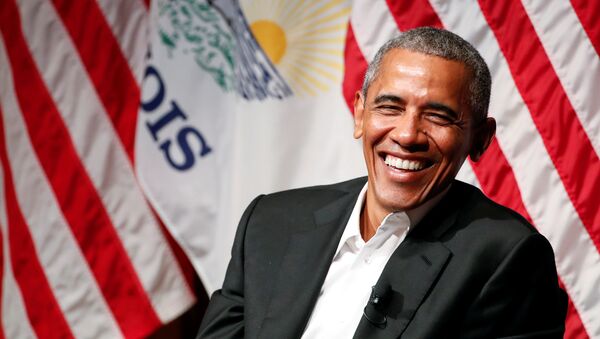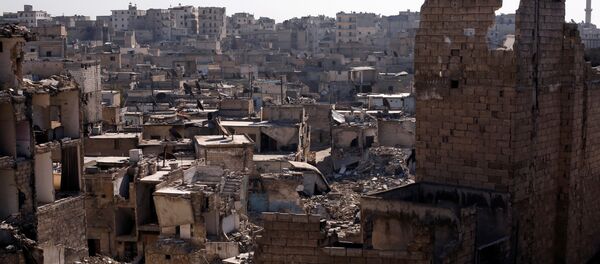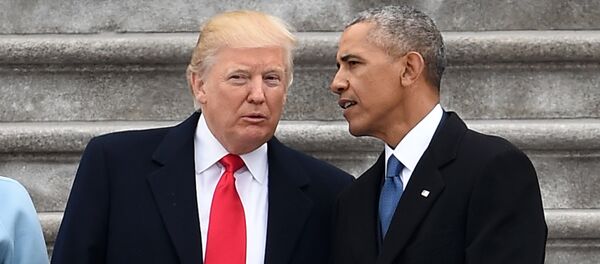On the University of Chicago panel, Obama spent most of his time speaking with youth in the audience about his time as community organizer, leadership and social media, though he made no mention of current President Donald Trump, who is nearing his 100th day in office.
He said his time as an organizer taught him that "Ordinary people, when working together, can do extraordinary things," adding that, "This experience taught me that beneath the surface differences of people, that there were common hopes and common dreams, and common aspirations and common values that stitched us together as Americans."
The 44th US president said he had been pondering what to focus on in life after the White House, saying that, "although there are all kinds of issues that I care about, and all kinds of issues that I intend to work on, the single most important thing I can do is to help in any way I can prepare the next generation of leadership to take up the baton and to take their own crack at changing the world."
Taking great care to avoid mentioning his successor by name, Obama’s only direct reference to Trump came when undergraduate Ramuel Figueroa spoke about the difficulty he had getting day laborers involved in a research project he was conducting, saying they feared becoming victims of Trump’s crackdown on undocumented immigrants.
Obama advised the student to find someone who was trusted by the immigrant community so they would be more open to answering his questions, remarking that "That’s hard to do in this current environment, but it’s not impossible," according to the New York Times.
In July, Chicago’s historic Jackson Park won the bid to host Obama’s presidential library, winning out over Washington Park. Representative Robin Kelly (D-IL), whose district encompasses Jackson Park, told the Chicago Tribune at the time, "I think it's a benefit to the South Side of Chicago, period…No matter which park it's in, it's good for the South Side and uplifting to have a presidential library there."




